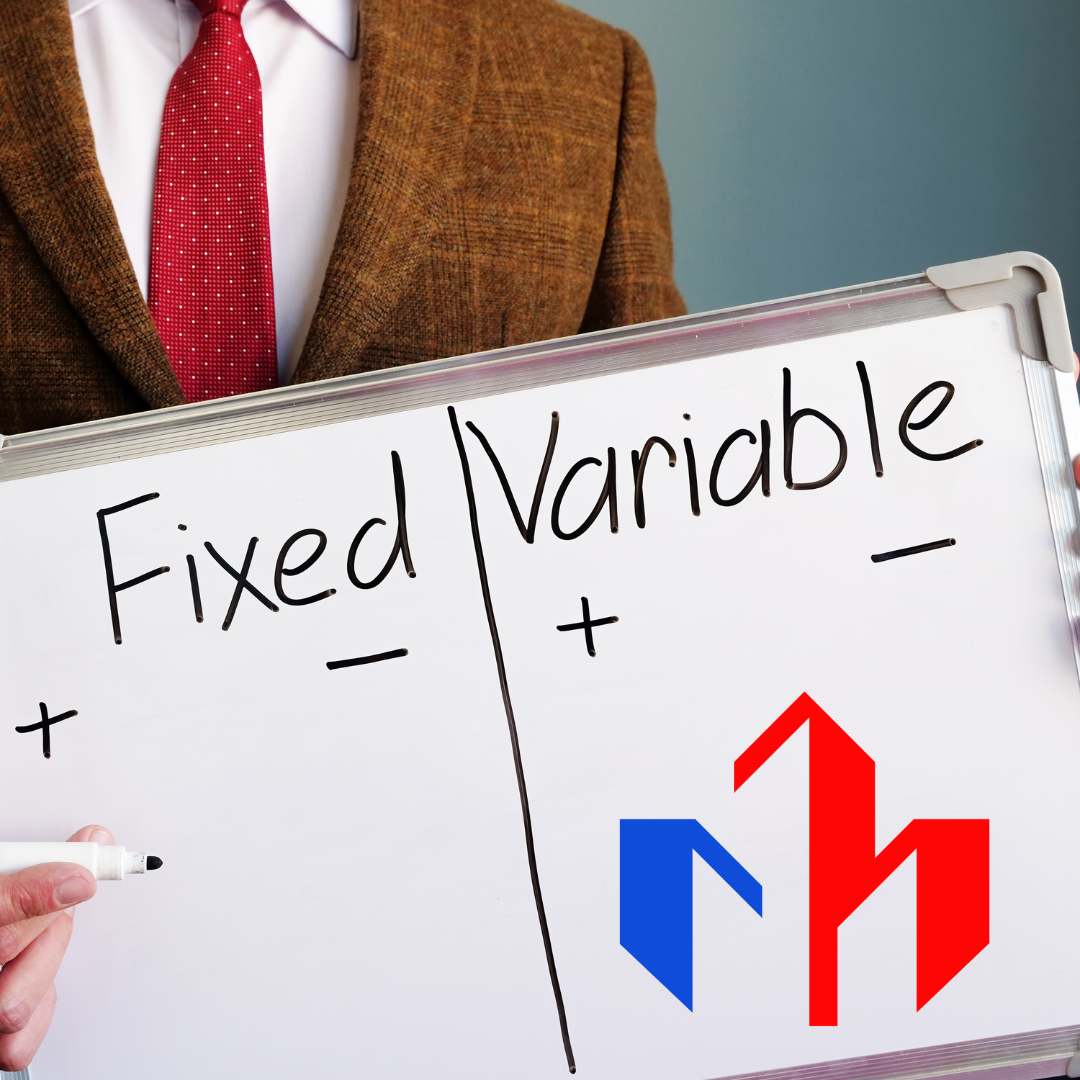What is the difference between refinancing and mortgage renewal?
Choosing to refinance or renew your mortgage is a big decision. There are many factors to consider, and it’s important to understand the key differences between these two options. Here’s a quick rundown of the key things you need to know about refinancing and mortgage renewal.
Introduction
The main difference between refinancing and mortgage renewal is that refinancing involves taking out a new mortgage loan with different terms, while mortgage renewal simply extends the existing loan with the same terms. Mortgage renewal is usually simpler and less expensive than refinancing, but it may not save you as much money in the long run.
| MortgagesToGo.ca | |
| Website | Mortgagestogo.ca |
| Services | New purchase, refinancing and equity takeouts, mortgage transfer, mortgage renewal Rates |
| Rates | https://mortgagestogo.ca/mortgage-rates/ |
| Address | 12 Royal Vista Way NW #1110, Calgary, AB T3R 0N2 |
| Contact Details | (888) 888-5998 |
| Operating Hours | Monday – Friday 9 AM – 5 PM |

What is refinancing?
When you refinance, you’re taking out a new loan to pay off your current mortgage. This usually happens because you want to lower your interest rate or monthly payment or switch from an adjustable rate to a fixed-rate mortgage. If you have enough equity in your home, you could even refinance for more than what you currently owe and “cash out” the difference.
What is mortgage renewal?
Mortgage renewals come up at the end of your term, usually every five years. This is when you have the opportunity to renegotiate your mortgage with your lender at the current interest rates. It’s important to note that you are not required to renew with your current lender – you can shop around and compare rates with other lenders to find the best deal.
If you’re happy with your current lender, you can simply sign a new mortgage contract at the prevailing interest rate. If rates have gone up since you got your original mortgage, you may want to consider refinancing to lock in a lower rate.
Refinancing involves breaking your existing mortgage contract and taking out a new one, usually with a different lender. This process is slightly more complicated than renewing, but it may be worth it if you can get a significantly lower interest rate.
The difference between refinancing and mortgage renewal
There are a few key differences between refinancing and renewing your mortgage. First, when you refinance, you may be able to get a better interest rate than what you have on your current mortgage. This can save you money over the life of your loan.
the second difference is that refinancing usually involves taking out a new loan with different terms than your current mortgage. This might mean a longer or shorter loan term or a different type of loan altogether. Mortgage renewal, on the other hand, simply means extending your current mortgage for another term at the same interest rate.
Finally, when you refinance your mortgage, you may have to pay certain fees and closing costs. Mortgage renewal usually doesn’t involve any additional costs.
So, which option is right for you? It depends on your individual situation. If you’re happy with your current interest rate and don’t want to pay any additional fees, then renewing your mortgage might be the best choice. But if you’re looking to save money on interest or change the terms of your loan, then refinancing might be a better option.
Pros and cons of refinancing
The two most common reasons people refinance their mortgage are to lower their monthly payments or to access equity, or cash, in their home. Of course, there are other reasons to refinance, but those tend to be unique situations.
Let’s say you purchased your home five years ago for $250,000 with a 10 percent down payment and a 30-year mortgage at 4.5 percent interest. Your monthly mortgage payment would be about $1,342, not including taxes and insurance.
Today, home values have increased and mortgage rates have fallen. You could refinance your mortgage for $265,000 — 80 percent of the value of your home — and get a 30-year loan at 3.75 percent interest. Your monthly mortgage payment would drop to about $1,234, a savings of $108 each month.
You could also do a “cash-out” refinance, meaning you refinance for more than you currently owe on your mortgage. Let’s say you still owe $225,000 on your mortgage. You could refinance for $265,000 — 80 percent of the value of your home — and receive $40,000 in cash that you could use for whatever you want or need. Of course, with a “cash-out” refinance you will have a higher monthly payment because you are borrowing more money.
Pros and cons of mortgage renewal
The decision to renew your mortgage or refinance is one that will have a big impact on your finances, so it’s important to understand the pros and cons of each option before making a decision.
Mortgage renewal:
Pros:
-You may be able to negotiate a lower interest rate with your lender if you have a good relationship and a good history of making payments on time.
-You won’t have to go through the hassle of refinancing, which can be a lengthy and complicated process.
-You may be able to avoid paying certain fees, such as an appraisal fee if you renew with your current lender.
Cons:
-Your interest rate may not be lower than your current rate, even if you have a good relationship with your lender.
-You may end up paying more in interest over the life of your mortgage if you renew at a higher interest rate.
-You could miss out on some of the benefits of refinancing, such as consolidating debt or taking cash out of your home equity.
Refinancing:
Pros:
-You may be able to get a lower interest rate than what you’re currently paying, which can save you money over the life of your mortgage.
-You may be able to consolidate debt or take cash out of your home equity by refinancing. This can help you save money on interest payments and pay off debt faster.
-You could potentially shorten the term of your mortgage, which would save you money in interest payments over the life of your loan.
Cons:
-The process of refinancing can be lengthy and complicated. There are many steps involved, from shopping for a new loan to going through the appraisal process and closing on the loan. This can take several months to complete. Mortgage renewal is generally much simpler and quicker.
– You may have to pay certain fees when you refinance, such as an appraisal fee or origination fee. These fees can add up and cost you several thousand dollars.
Which one is right for you?
As your term comes to an end, you may be wondering whether refinancing or renewing is the right decision for you. Both have their own benefits and drawbacks, and the answer depends on your unique situation.
Refinancing involves taking out a new mortgage with different terms, which could include a lower interest rate, a different Amortization period, or changing from a variable to a fixed-rate mortgage. This option could save you money in the long run, but it also comes with additional costs such as appraisal fees and legal fees.
Mortgage renewal simply means extending your current mortgage for another term with the same lender. This is usually the easiest and quickest option, but it may not always be the best financially. Be sure to compare interest rates and terms to see if you can get a better deal elsewhere before deciding on renewal.
Conclusion
The main difference between refinancing and renewing a mortgage is that refinancing involves taking out a new loan with different terms while renewing simply means continuing your existing loan with the same or similar terms. Mortgage renewal is usually quicker and easier than refinancing, but it may not save you as much money in the long run.








